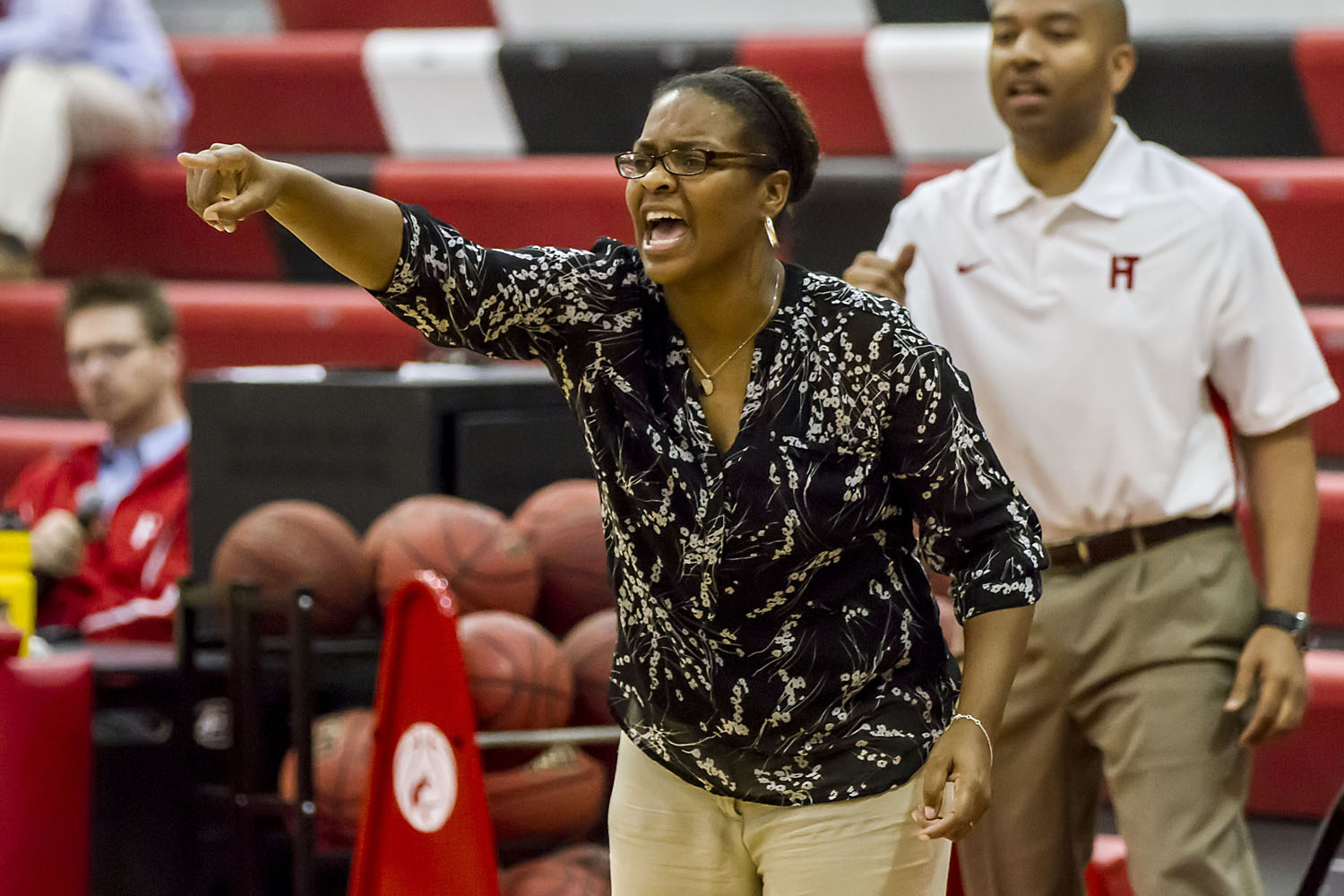With all the weighty matters of the world to consider, we have not talked much about music in this space of late. That’s a shame, because, unlike Hollywood, which uses the month of January as a toxic waste dump for low-yield bombs like Mortdecai and Strange Magic, what used to be called the record industry releases fine new albums the way Tom Brady releases touchdown passes.
Just last month I heard the first great new album of 2015, No Cities to Love, by the queens of the Northwest, Sleater-Kinney, whose bracing collection of songs and accusations will slap a sleepy sensibility back to wakefulness. There was also the first disk in a long time from Norman Blake, laconic master of acoustic guitar, the title of which, Wood, Wire and Words, neatly sums up his oeuvre. The rest of Nicole Atkins’s Slow Phaser may be really good, but I haven’t gotten past the mesmerizing first song on the CD, “Who Killed the Moonlight?” Then there’s a compelling album by the veteran band Murder by Death, which has nothing whatsoever to do with the 1976 film comedy of the same name. Big Dark Love is about just that, but it covers the emotional waterfront, from eros to agape and back again, with a satisfying soundscape with a little heat lightning in the harmonies.
One record I listened to in January dropped officially this week, and that’s Shadows in the Night, the Bob Dylan tribute to Frank Sinatra. Having heard both Bringing It All Back Home and Christmas in the Heart, I knew anything could happen here. Having listened several times to Shadows, I’m still not sure I understand completely what did happen. I like what Anne Margaret Daniel wrote for No Depression about Bob’s recent performances, because it could describe pretty much anything he undertakes: “Were Dylan a pitcher, he’d be in Cooperstown for his multivalence. You think you’ll get a curveball, and he smokes you with his fastball. You’re expecting the deuce, and instead a knuckleball floats toward you so bafflingly you try to hit it twice before you realize it’s long past.”
This year is Frank Sinatra’s centenary, but Dylan has other reasons for singing an album of Old Blue Eyes oldies. In an unexpectedly candid interview with AARP The Magazine — there’s a change-up! — he said he’d been thinking about doing such an album since Willie Nelson came out with Stardust in 1978. “When you start doing these songs, Frank’s got to be on your mind, because Frank is the mountain that you have to climb,” he told Robert Love. “He had this ability to get inside a song in a sort of conversational way. Frank sang to you, not at you. I never wanted to be a singer that sings at somebody.”
There might be the key. The 10 songs on Shadows are no longer framed in the lush, orchestral arrangements Sinatra chose, but are set off by the austere chords of Dylan’s five-piece touring band, which is adept in accommodating Bob’s mercurial vocal stylings. Not needing to project his voice to the back of a concert hall, Dylan is able to have his own quiet conversations with these venerable ballads, to the end that he’s able to expand his usually constricted range and, dare we say, croon these tunes.
Dylan clearly had some connection with the Chairman, who reportedly chose him especially to perform at Sinatra’s 80th birthday gala in 1995, and perhaps since he’s nearing 80 himself nowadays he thought this the perfect time to open The Great American Songbook.
However, Dylan’s been exploring American song since the beginning of his career, and just because now it’s Sinatra instead of Woody Guthrie, not much has changed. When he wasn’t writing his own standards, Dylan’s modus operandi was always to zero in on truthful songs to cover and to make them his own. To be sure, if you listen to Shadows carefully, you can’t imagine anybody but Bob Dylan pulling this off.
I’ll go ahead and say it: he did it his way. I think Jilly Rizzo could respect that.
If you’re in the mood to hear something less quirky, but as compelling, come to Bottletree Friday night, Feb. 6, and be serenaded by The Aberdeen Sessions. That’s not the name of a band, but the inspiration for an evening of original music coordinated by Ben Trexel, local guitarist extraordinaire.
Born and raised a Trechsel, the more streamlined spelling of his name has been a part of the local music scene since the 1970s. Ben was mightily influenced by the guitar gods of that decade, but his skills have diversified palpably. He still teaches guitar, as well as playing it, but he may be better known now as a top-flight engineer and music producer, with Emmy nominations and critical plaudits aplenty.
In the last three years, Ben has relocated his musical enterprise to his ancestral manse on Aberdeen Road, and informal jams in that acoustically delightful space inspired the idea of bringing The Aberdeen Sessions to a spot the rest of the public could visit. Friend Nancy Knight of NBK Media collaborated with Ben to choose Bottletree as a venue and Ronald McDonald House as the beneficiary of proceeds from the Sessions event.
Then it was up to Ben to pick out the pickers, and they’re well worth the price of admission. You’ll hear songs from Ben Walker of Face Down Nation, Zach Knight and Matt Jones, Lauren Krothe and the soulful Amacio Favor, not to mention a couple of other fiendishly talented Trechsels, Lake and Tristan by name.
Though these artists will be playing their compositions in a staged venue, those of you who come for an evening of the Sessions at Bottletree will leave transfixed by the charm of homespun music played for the simple joy of creating it in that beautiful living room over on Aberdeen Road.





